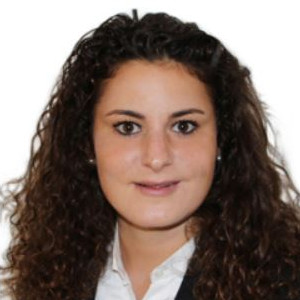Hi,
I would like to ask those people who worked at McKinsey what one has to do in order for him/her to become an Engagement Manager and Partner when starting from the Associate level. How quickly is one able to accomplish these promotions?
Kind regards
















